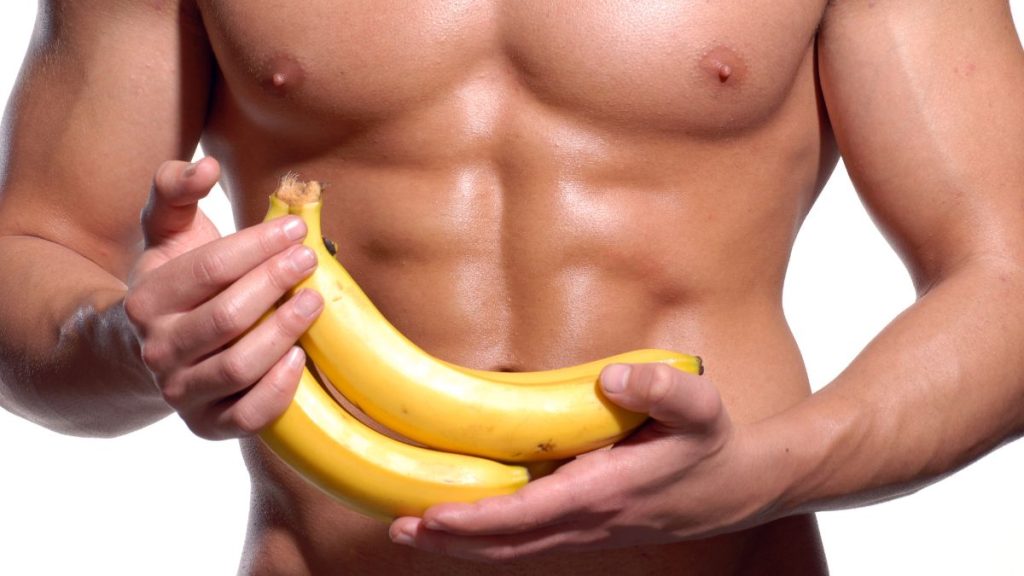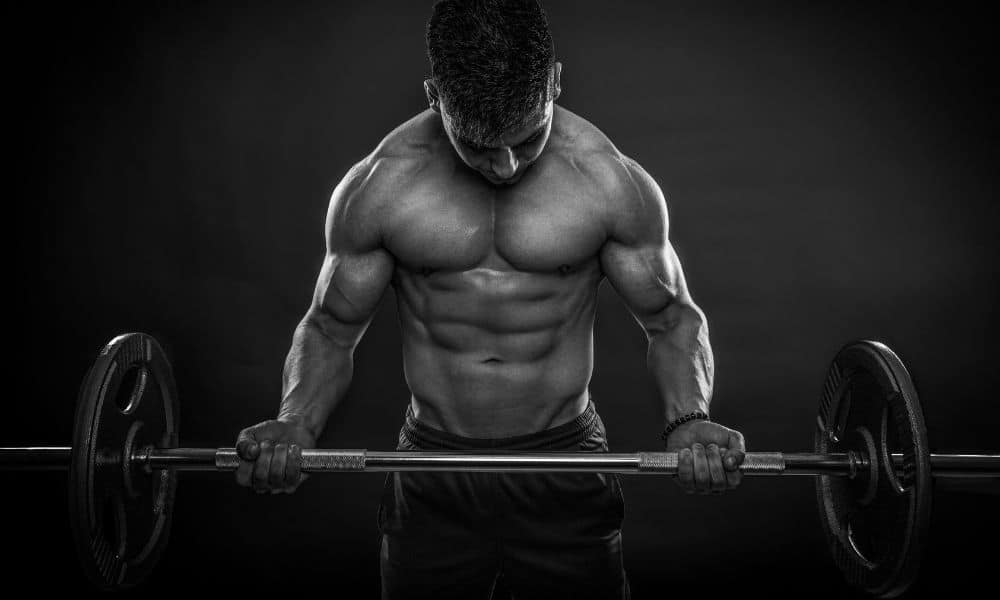Building muscle isn’t just about lifting weights—it’s about fueling your body with the right nutrients to support muscle repair, recovery, and growth. Many fitness experts agree that diet contributes 70–80% to muscle building, while exercise accounts for 20–30%. Without a proper diet, even the best workout plan won’t yield the desired results. Let’s explore the role of diet in building muscle and how you can optimize your nutrition for maximum gains.
Why Is Diet So Important for Muscle Growth?
Muscle growth, or hypertrophy, occurs when muscle fibers repair and grow after resistance training. However, for this process to be effective, your body requires adequate calories, protein, carbohydrates, and fats. Here’s why diet plays a critical role:
- Protein supports muscle repair – Amino acids from protein rebuild damaged muscle fibers.
- Carbohydrates provide energy – Glycogen fuels intense workouts and prevents muscle breakdown.
- Healthy fats regulate hormones – Fats contribute to testosterone production, which aids muscle growth.
- Caloric intake determines muscle gain – A calorie surplus (eating more calories than burned) is needed to build muscle.
Diet provides the essential building blocks and energy needed for muscle hypertrophy.
How Much Does Diet Contribute to Muscle Growth?
Experts estimate that diet contributes 70–80% to muscle building, while training contributes 20–30%. Here’s why:
- Muscles can’t grow without proper nutrition – Without enough protein and calories, muscle fibers won’t repair or increase in size.
- Recovery depends on diet – Poor nutrition slows recovery, leading to prolonged muscle soreness and fatigue.
- Strength and performance are impacted by diet – A lack of carbs and fats results in low energy levels and decreased strength.
- Hormone levels are regulated by diet – Testosterone and growth hormone, critical for muscle growth, are influenced by fat intake and nutrient quality.
While training stimulates muscle fibers, diet provides the necessary fuel and nutrients to support growth and recovery.
What Nutrients Are Essential for Building Muscle?
A muscle-building diet must include the right balance of macronutrients and micronutrients.
Protein – The Building Block of Muscle
How much do you need?
- 1.6–2.2g of protein per kg of body weight (or 0.7–1.0g per pound).
Best protein sources:
- Lean meats (chicken, turkey, beef)
- Eggs
- Fish (salmon, tuna)
- Greek yogurt
- Plant-based proteins (lentils, tofu, quinoa)
- Whey or casein protein supplements
Carbohydrates – The Main Energy Source
How much do you need?
- 3–6g of carbs per kg of body weight (or 1.3–2.7g per pound).
Best carbohydrate sources:
- Whole grains (brown rice, oatmeal, quinoa)
- Fruits and vegetables
- Sweet potatoes
- Beans and legumes
Healthy Fats – Supports Hormone Production
How much do you need?
- 20–35% of daily calories from fats.
Best healthy fat sources:
- Avocados
- Nuts and seeds
- Olive oil
- Fatty fish (salmon, mackerel)
- Coconut oil
Micronutrients – Essential for Recovery
Vitamins and minerals support muscle repair, immune function, and energy production. Focus on:
- Vitamin D (testosterone production) – Found in salmon, egg yolks, fortified milk.
- Magnesium (muscle relaxation) – Found in nuts, leafy greens, whole grains.
- Iron (oxygen transport) – Found in red meat, spinach, beans.
- Zinc (protein synthesis) – Found in shellfish, beef, pumpkin seeds.
How to Structure a Muscle-Building Diet
To optimize your diet for muscle growth, follow these key principles.
Eat in a Calorie Surplus
To gain muscle, you need 250–500 extra calories per day. A surplus ensures your body has the fuel required for recovery and growth.
Prioritize Protein Intake
Distribute protein intake evenly throughout the day. Aim for 25–40g of protein per meal to maximize muscle protein synthesis.
Time Your Carbs Around Workouts
- Pre-workout: Fast-digesting carbs (banana, rice cakes) + protein for energy.
- Post-workout: Protein + carbs (chicken & rice, whey protein & oatmeal) for muscle recovery.
Stay Hydrated
Muscle cells require water for growth. Drink 3–4 liters of water daily to support recovery and prevent dehydration.
Avoid Processed Junk Foods
While a calorie surplus is needed, empty-calorie foods (sugary snacks, fried foods) lead to fat gain rather than lean muscle. Focus on whole, nutrient-dense foods instead.
Common Diet Mistakes That Hurt Muscle Growth
Avoid these common mistakes that slow muscle-building progress.
- Not eating enough calories – Without a calorie surplus, muscle growth stalls.
- Skipping protein intake – Inconsistent protein intake limits muscle repair.
- Not timing nutrients properly – Poor pre- and post-workout nutrition affects energy levels and recovery.
- Overeating junk food – Excess processed foods lead to fat gain instead of lean muscle.
- Not drinking enough water – Dehydration reduces performance and slows recovery.
Key Takeaways: Role of Diet in Building Muscle
- Diet contributes 70–80% to muscle growth, while training accounts for 20–30%.
- Protein, carbs, and fats are essential for muscle repair, energy, and hormone balance.
- A calorie surplus of 250–500 calories per day supports lean muscle growth.
- Meal timing matters – Eat carbs and protein before and after workouts.
- Hydration and micronutrients play a key role in muscle recovery.
Building muscle isn’t just about what you do in the gym—it’s about what you put on your plate. Dial in your nutrition, stay consistent, and watch your gains improve!
Read Next…
- At What Age Can Someone Safely Start Bodybuilding?
- How to Use a Post-Workout Meal to Build Muscle and Improve Recovery
- Best Pre-Workout Meal for Muscle Building: What to Eat Before Training
- The Role of Diet in Building Muscle: How Much Does It Matter?
- How to Add Side Dishes to a Meal Plan for Weight Loss When Your Main Course Is Protein




